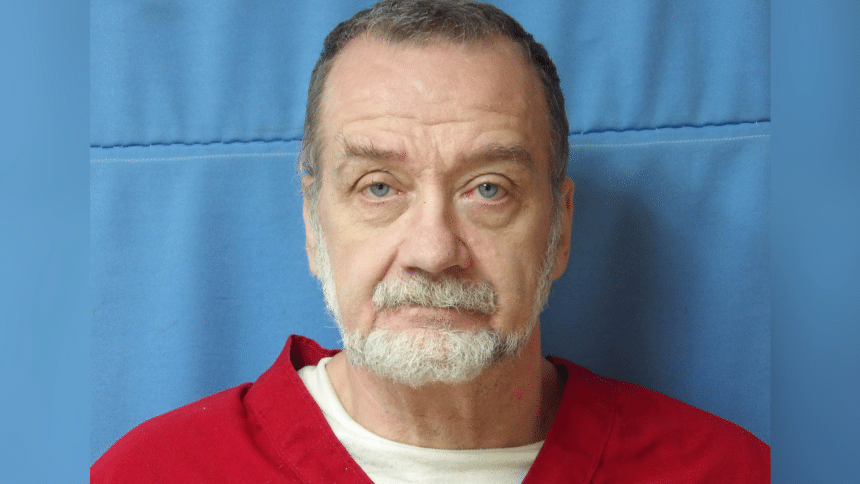Charles Ray Crawford, a Mississippi inmate who had been on death row for more than three decades, has officially been executed.
Officials with the Department of Corrections lethally injected Crawford at the Mississippi State Penitentiary on Wednesday at 6 p.m. He was pronounced deceased at 6:15 p.m.
Crawford was convicted of the kidnapping, rape, and killing of Northeast Mississippi Community College student Kristy Ray in 1993. The inmate is reported to have committed these acts against Ray, a 20-year-old from Tippah County, four days before he was set to stand trial on separate aggravated assault and rape charges. The pending charges against Crawford, in part, led to him being handed a death sentence when he was tried for Ray’s killing.
Crawford’s legal team, however, petitioned the U.S. Supreme Court to review the inmate’s case for possible Constitutional violations. Lawyers representing Crawford argued that his capital murder trial lawyers erred in court when conceding he was guilty of kidnapping, raping, and killing Ray against his wishes.
“At petitioner’s capital trial, petitioner’s counsel repeatedly conceded petitioner’s guilt before the jury, going so far as to argue that petitioner was ‘legally responsible’ and ‘still dangerous,'” the attorneys wrote to the Supreme Court. “Petitioner objected both to counsel and to the trial court, to no avail. Petitioner was convicted and sentenced to death.”
The attorneys, in an eleventh-hour emergency stay of execution filed with the Mississippi Supreme Court, further contended that Crawford deserved to have his case retried due to the state’s position on McCoy v. Louisiana — a case in which the U.S. Supreme Court ruled that a defendant has the right to maintain his or her innocence at all times, even when attorneys may advise against it.
That ruling was made in 2018, right around 25 years after Crawford was sentenced to death. The inmate appealed his sentence to the Mississippi Supreme Court in 2024 on the basis that he was due a new trial, given that his trial lawyers went against his wishes when deeming him guilty in front of a jury.
Mississippi’s high court ruled that the McCoy case could not be applied to Crawford’s since it created a new rule than what was in statute at the time of his sentencing. The inmate’s attorneys, on the other hand, accused the state of admitting the U.S. Supreme Court’s ruling is applicable in cases like Crawford’s.
“In essence, the State has conceded the applicability of McCoy,” Crawford’s legal counsel wrote to Mississippi’s high court. “This Court should therefore stay the execution so that it may consider the arguments and possible need for factual development in light of this concession.”
“Crawford’s distorted narrative is baseless, and his allegations that the State has changed position or conceded error are false,” Mississippi Attorney General Lynn Fitch wrote in response to Crawford’s emergency filing. “To be clear, the State has not reversed course, and its position has remained the same at all junctures of this litigation: McCoy is not an intervening decision under the UPCCRA, so Crawford’s third petition for post-conviction relief is barred.”
On top of the legal requests to prevent the state from executing Crawford, anti-death penalty activist groups arose in the inmate’s defense. The Execution Intervention Project specifically accused Reeves and Fitch of aggressively pursuing death warrants for political reasons, while further contending that the state itself is “clinging to a brutal, outdated system built on vengeance, politics, and cruelty.” However, the group’s efforts to keep Crawford alive were ultimately futile.
The U.S. Supreme Court elected not to step in, meaning Crawford became the first Mississippi inmate to be executed since Richard Gerald Jordan was lethally injected this past summer. According to the Department of Corrections, there are currently 36 Mississippi inmates on death row.








